| Teaching Staff | Mrs Haig (Subject Leader) Mrs Boden |
| Year 7 students will study | E-Safety and Digital Literacy Skills History of Computing Programming |
| Year 8 students will study | E-Safety and Data Handling Programming Hardware and Software |
| Year 9 & 10 students will study | BTEC Digital Information Technology Component 1 – Exploring User Interface Design Principles and Project Planning Techniques (Internal Coursework Assessment) Learners will develop their understanding of what makes an effective user interface and how to effectively manage a project. They will use this understanding to plan, design and create a user interface. Component 2 – Collecting, Presenting and Interpreting Data (Internal Coursework Assessment) Learners will understand the characteristics of data and information and how they help organisations in decision making. They will use data manipulation methods to create a dashboard to present and draw conclusions from information. Component 3 – Effective Digital Working Practices (Examination) Learners will explore how organisations use digital systems and the wider implications associated with their use. |
| Yr 11 students will study | CiDA (Certificate in Digital Applications) Level 2 You will study the following topics in depth: Unit 1: Developing Web Products (25%) Unit 1 is assessed via a practical 2½ hours computer-based examination set by the exam board. This unit gives you the knowledge and skills you need to produce attention grabbing web products using web authoring software, multimedia assets and navigation features. You will demonstrate your ability to design, build and test a web product in a practical computer-based examination set by Pearson. Unit 2: Creative Multimedia Project (75%) Unit 2 is internally assessed through coursework tasks. This unit gives you the skills to use the tools and techniques provided by multimedia authoring software to design and create effective multimedia products for specified purposes and audiences. You will create animations, graphics, videos and music products and then will embed these onto your own multimedia products. As part of the evidence of completing this unit you will then create an e-portfolio to showcase your skills.You will study the following topics in depth: Component 1: Computer Systems Introduces students to the central processing unit (CPU), computer memory & storage, wired & wireless networks, network topologies, system security and system software. It also looks at ethical, legal and environmental concerns associated with computer science. Component 2: Computational Thinking, Algorithms & Programming Students will develop skills and understanding in computational thinking, algorithms, programming techniques, producing robust programs, computational logic, translators and data representation. |
| You will be assessed by | 2 x 1 hour 30 minutes exams 50% 1 x Component 1 – 40% 1 x Component 2 – 40% 1 x Non Examined Assessment (NEA) Programming Project This is completed in 20 hours during lessons time. The Programming Project does not count towards a candidate’s final grade but is a requirement of the course. |
| Extra-curricular opportunities | CT Club is the iDEAS.org club – runs Tuesday evenings 2.50-3.50 (C3) Coding Club is a range of practical coding challenges – runs on a Tuesday 2.50-3.50 (C1) |
| Homework | Students will be set one piece of homework per timetable cycle (fortnight) |
| Examination board | Edexcel/Pearson Certificate in Digital Applications |
